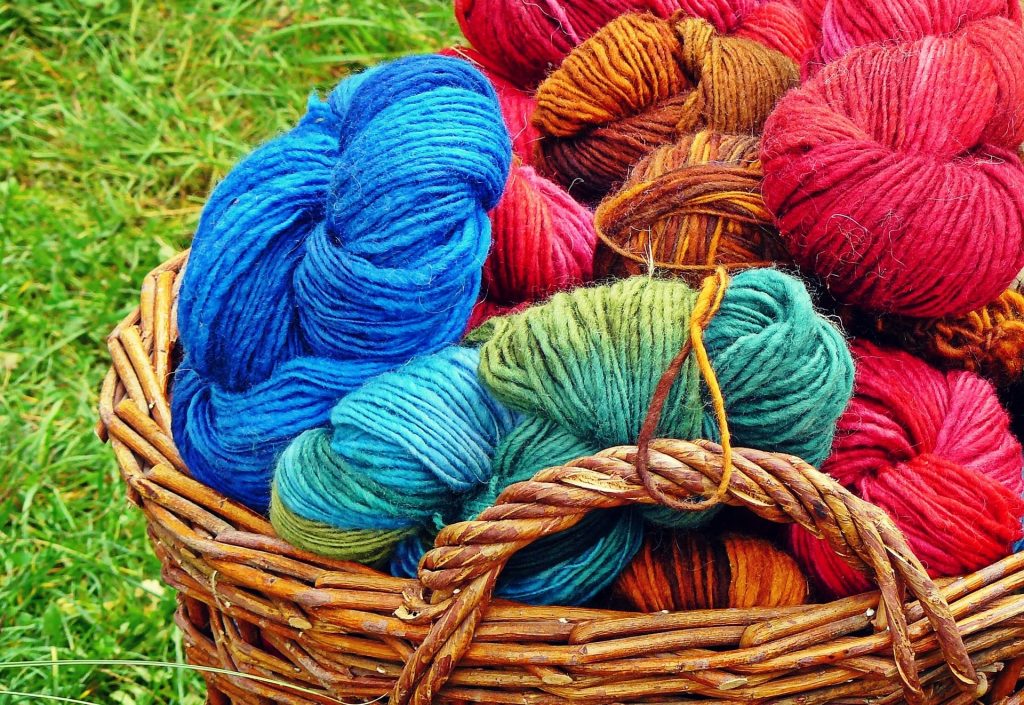
So why isn't wool considered a significant product by the majority? Wool is one of the most versatile and historically significant materials, with its unique natural qualities allowing it to be used for anything from clothing to insulation. Sheep farmers, on the other hand, get paid so little for their wool that it seldom pays the cost of shearing. Most farmers do not appreciate their wool since the price of wool is so low, sheep flocks have become considerably larger, and processing and marketing wool is difficult. As a result, the majority of sheep are not shorn.
The development of synthetic fibres, which began in the late 1800s but did not become commercially viable until the 1950s, transformed not just the clothing industry but also the sheep farming sector. Wool's popularity had dropped by the 1980s, as synthetic fibres derived from oil flooded the market with low-cost, swiftly manufactured clothes and other home and commercial goods. Wool, upon which so much of our nation's wealth had been founded, became essentially worthless in mainstream markets almost overnight.
However, synthetic fibres in clothes are one of two primary sources of micro-plastics entering our waterways and food systems, according to recent research commissioned by Friends of the Earth (FOE). Hundreds of thousands of microfibres are actually flushed down the drain every time you wash your synthetic garments. According to research commissioned by the International Union for the Conservation of Nature, the manufacture of acrylics, nylons, and polyesters for the fashion sector emits more CO2 than all international flights and marine transportation combined.
Things, though, are changing. Woolfest and Wonderwool Wales, two festivals dedicated to and promoting wool, are growing in popularity. HRH The Prince of Wales launched the Campaign for Wool in 2010 in response to the need to recover the value of wool and, in doing so, promote a more traditional and sustainable approach to the sheep shearing industry. Wool is finding new markets as well, with duvets, furniture, and coffins among them. Wool's fire-retardant properties make it excellent for insulation, and smouldering wool does not produce the poisonous gases that synthetic lagging does in the unfortunate case of a fire.
Organisations such as PETA have also successfully discredited the industry and it has taken a financial dive through lost sales. PETA is funded by the oil industry who makes synthetic products. However, the government intervention subsidised synthetic products and sued PETA for lying about sheep shearing.
Though it's a long way to go, the best thing is at least things have started to change for good.


You must be logged in to post a comment.
click here to log in